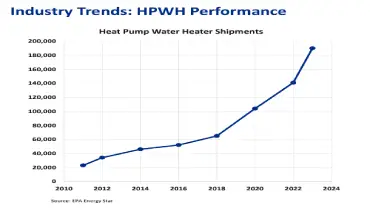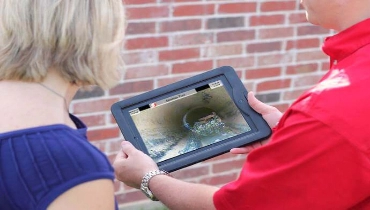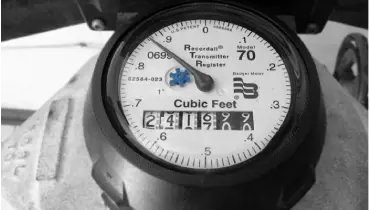Our Portland Plumbing Blog
Shared Resources for Your Home Needs
All Blogs
Is your home's plumbing giving you trouble? Many Portland homeowners face challenges with their aging pipes.
Learn moreIn the Pacific Northwest, heat pump water heaters are increasingly popular due to their efficiency in moderate climates like ours.
Learn moreWhen it comes to maintaining the exterior plumbing of a home or business, the rain drain is an essential part of the plumbing syst
Learn moreAt Mr. Rooter Plumbing, the foundation of our business is built on providing exceptional customer service. As we closely monitor C
Learn moreLooking for another way to be productive while at home? Take a look at our Do it Yourself (DIY) plumbing inspection – a quic
Learn moreBlog Categories
Let Us Call You
Blog Categories
About Mr. Rooter Plumbing

Since the original Mr. Rooter was founded in 1970, the company has remained committed to a set of core values that are rooted in performing quality work at honest prices. Nearly half a century later, the original Mr. Rooter business is still servicing homes and businesses in and around Oklahoma City. It’s still independently owned and operated with strong ties to the community that made it all possible.


